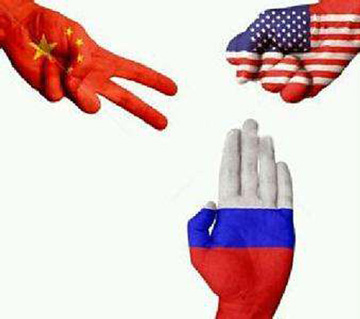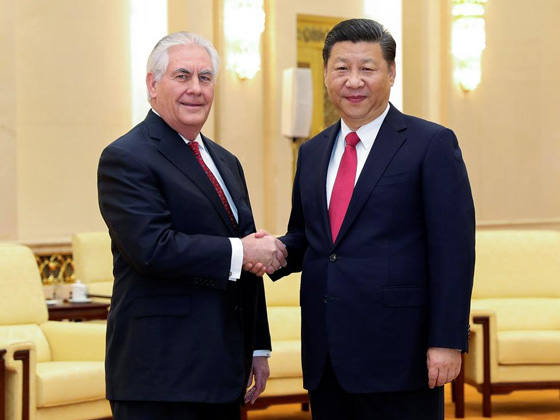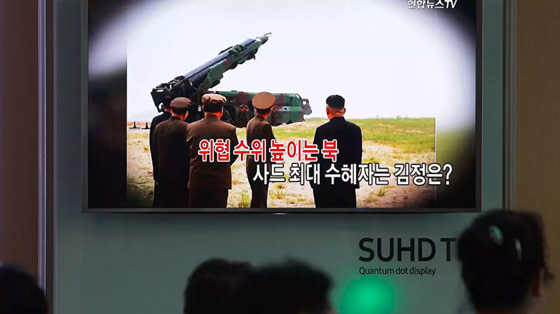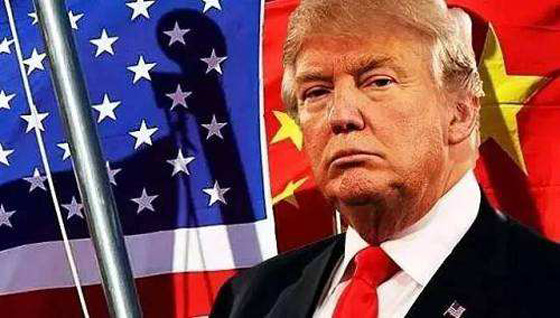Yin Chengde, Research Fellow, China Foundation for International Studies
Mar 27, 2017
Most of Trump’s rhetoric and new thinking about foreign relations have not materialized, and he basically has returned to the old track of conventional US diplomatic thinking. “Obsolete” NATO is once again the “unbreakable alliance”, and his attitude toward China is also now in line with previous US policy.
Shen Dingli, Professor, Institute of International Studies, Fudan University
Mar 27, 2017
While many issues are on the table, China hopes to work with America to assure the DPRK’s legitimate security while persuading Pyongyang to come down from the nuclear ladder. The upcoming summit meeting holds promise for a workable new type of great-power partnership.

Steven W. Lewis, Director of China Studies Program, Baker Institute for Public Policy
Mar 27, 2017
Developments in the realms of outer space and energy/environment now present us the opportunity for three of the world’s great powers – China, Russia and the United States – to increase significantly international cooperation in the long run for two of the four global public commons: space and energy/environment. However, such improvements will not happen unless leaders in Washington, Beijing, and Moscow rethink historical notions of competition and conflict among them.

Tao Wenzhao, Honorary Member of the Chinese Academy of Social Sciences; Fellow, CASS Institute of American Studies
Mar 24, 2017
The new Trump administration is well aware of the significance of China-US relations for the US, and the Chinese side is also eager to see a rapid and smooth transition of bilateral ties. Both sides, therefore, share a desire to have their leaders meet as soon as possible, and Secretary Tillerson’s visit this week has created a sound atmosphere for the meeting.
Wu Xinbo, Director of the Center for American Studies, Fudan University
Mar 24, 2017
The Trump administration’s China policy is still in the works, but its goal would not be to sabotage China-US relations, but to extract maximum benefit from the relationship. Reasonable, calculated and restrained counter-moves may promote the other side to adjust its policies.

Ted Galen Carpenter, Senior Fellow, Randolph Bourne Institute
Mar 24, 2017
Washington’s hawkish posturing is not likely to induce Beijing to incur the risks of greatly increasing its pressure on the North Korean regime. The first step would be to meet Beijing’s longstanding call for Washington to engage Pyongyang in serious, bilateral negotiations.
He Yafei, Former Vice Minister of Foreign Affairs
Mar 20, 2017
Recent nationalistic trends suggest not that globalization is dead but that it has entered a new phase. It is overly simplistic to define the momentum for change as “anti-globalization”. China now needs to work harder than ever in order to optimize and even lead globalization.
Sun Chenghao, Fellow, Center for International Security and Strategy of Tsinghua University; Munich Young Leader 2025
Mar 20, 2017
Trump’s softening stance toward China shows the U.S. is considering a new framework to guide the bilateral relationship, which the previous administration failed to do. However, “results-oriented” is too vague to guide such complex ties, and the leaders’ meeting could define the relationship in a more clear-cut concept.
Howard Stoffer, Associate Professor of National Security, University of New Haven
Mar 20, 2017
The U.S. needs China a great deal more than it does Russia in order to minimize the security threats from the unstable and threatening North Korean regime and to maintain regional stability in Asia.

J. Berkshire Miller, International Affairs Fellow (Hitachi), Council on Foreign Relations (Tokyo)
Mar 17, 2017
The swarm approach – by hitting Beijing on multiple issues in at once in a flurry – seems to be calculated upon Trump’s own business approach. This projects that Trump’s “leverage” over Beijing would compel painful concessions from China on core issues because of its fear over Washington’s scorn and threats.
Back to Top

- China-US Focus builds trust and understanding between the U.S. and China through open dialogue among thought leaders.
- Our Offerings
- Topics
- Videos
- Podcasts
- Columnists
- Research Reports
- Focus Digest
- Stay Connected
-
Thanks for signing up!
- Get the latest stories from China-US Focus weekly.